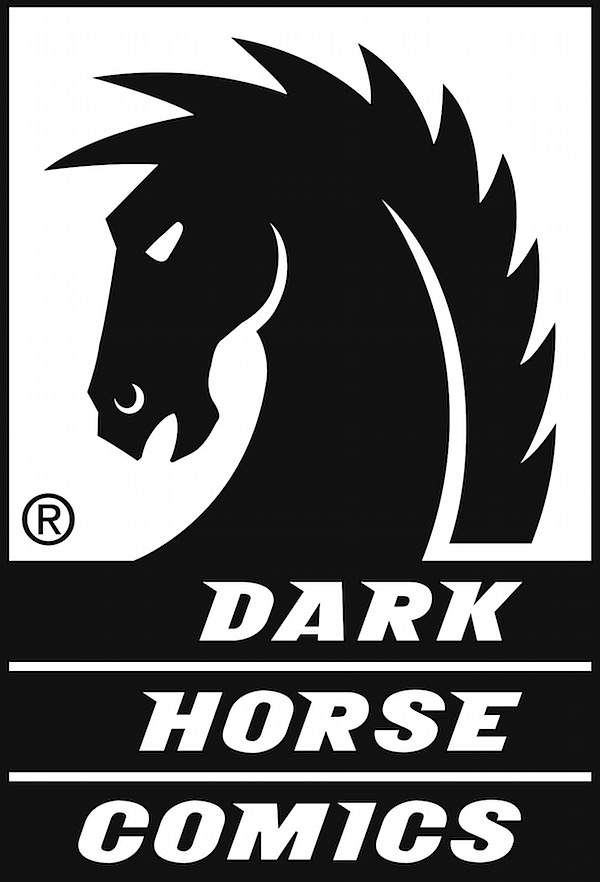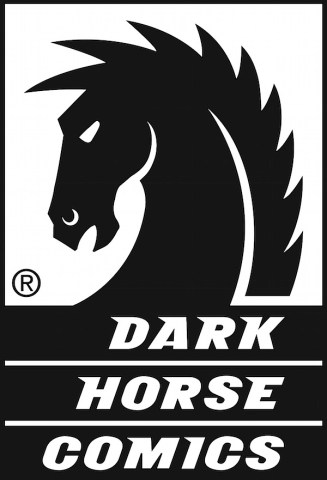Dark Horse Comics and Scott Allie Release Statements About Harassment Accusations

Yesterday, we mentioned an incisive piece written by Janelle Asselin over at Graphic Policy about incidents of harassment allegedly committed by former Dark Horse Comics Editor-in-Chief, Scott Allie. Recently, our own Marcy Cook did an investigative piece on harassment in the comics industry that also offered solutions as to how the industry can begin to curb the problem. Well, it seems that Dark Horse Comics and Scott Allie have both released statements about the harassment allegations, but it’s still unclear how much they’re actually listening.
As reported by The Beat, Dark Horse Comics president, Mike Richardson, released the following statement:
I applaud Ms. Asselin’s Intentions in dealing with sexual harassment in the comics industry.
I also want to make one thing very clear: Dark Horse as a company, and myself as an individual, take the kinds of inexcusable incidents reported by Ms. Asselin very seriously—doubly so when it involves one of our employees. In cases such as these, we have been proactive in our response, with a variety of professional services involved, all with the goal of changing behavior. Additionally, a number of internal responses are acted upon, including termination if such behavior continues. Under no circumstance is any individual “harbored.” In this particular case, action was taken immediately, though we did not, and cannot, perform a public flogging, as some might wish.
Secondly, there is no “us-against-them” attitude here. I have an open door policy and every employee, no matter where she/he sits in the company, is invited to come in to my office with any complaint or observation, at any time. I restate this policy constantly. I won’t go into the assumptions made here that are just untrue, because my intent is not to undermine the purpose of her piece, but no one here has ever turned a “blind eye” to these behaviors, not in this case, not in any case. With regard to sexual harassment, it is simply not tolerated. Dark Horse agrees 100% with the EEOC Guidelines.
Ms. Asselin turns her eye toward me. I have never met or talked with Ms. Asselin. If she knew me, she would learn that I am extremely sensitive on this subject, being the father of three daughters and having experienced first hand the effects of sexual harassment and gender discrimination. I have fought against that harassment, not just in a social environment, but also within our own publishing schedule. I have also fought for gender equality in our school system and championed social and racial diversity both in and out of Dark Horse, activities I am still involved with. Her assumption that my longevity somehow “embeds” within me an attitude of inappropriate permissiveness is not only wrong, it is insulting.
I agree that harassment of any kind, routine or not, is unacceptable. It always has been. We at Dark Horse will renew our efforts to make sure that our company is never again mentioned with regard to this type of occurrence. As quoted in the article, our goal has always been to provide a positive, safe, and respectful environment for its employees, creators, and fans.
Meanwhile, according to Comic Book Resources, Allie himself released a statement as well:
I’m deeply sorry about my behavior at San Diego Comic Con 2015 and I apologize to everyone I’ve hurt. I’m completely embarrassed by my actions and how my behavior reflects on Dark Horse Comics, my friends and family. My personal approach and decisions for managing stress were bad. Dark Horse and I have taken the matter very seriously and since this incident, we have taken steps to correct and to avoid any behavior like this in the future. Although apologies can’t undo what has happened, I’ve tried to apologize to everyone impacted by my behavior. To my family, friends, co-workers, and to the industry — please know that I am truly, truly sorry.
First, I’m glad that both parties are at least addressing the issue, and I’m glad that Allie is apologizing for his behavior. I won’t get into Allie’s actions right now – he’s someone who clearly has substance abuse issues that need to be resolved that exacerbate the harassment, and I hope that with his apology comes him getting the help he needs to better function.
The more important issue – the one brought up by Asselin and Cook – is the systemic problem of enabling harassment throughout the comics industry itself. And it is here that Richardson’s statement leaves something to be desired, particularly in that it was basically just a longer rehash of the statement they provided to Graphic Policy:
Dark Horse is committed to ensuring and maintaining a positive, safe, and respectful environment for its employees, creators, and fans and we expect all who represent our company to behave in a professional manner. Disciplinary actions are handled internally at the company and we do not comment on them publicly.
While he talks a big game about having daughters and caring very much; about his open-door policy and agreeing wholeheartedly with Oregon’s Equal Employment Opportunity Commission Guidelines regarding sexual harassment in the workplace, he doesn’t at all address Asselin’s sources – you know, the former and current Dark Horse employees who came forward to paint a very different picture than the one Richardson is painting. He doesn’t address the point Asselin makes in her piece that:
If you stop ignoring that behavior and make the mistake of speaking up, well, you’re not part of the team anymore. You’re a problem. You might remain on staff, but you’ll be frozen out while the person you reported continues on their merry way, eventually making the environment completely unbearable for you and for others.
And he certainly doesn’t address the fact that the only specific names used as examples of harassment, or of those coming forward to speak publicly about it in Asselin’s piece, were male ones – because they’re less likely to be frozen out in the way a woman coming forward might.
The decision to not “perform a public flogging,” as Richardson puts it, might seem like a noble one on the surface. But this isn’t about publicly shaming an individual for sport. It’s not merely about gossip or fodder for news items. It’s about proving that the comics industry doesn’t value the careers, talents, and lives of abusers and harassers more than they do the talents, careers, and lives of their victims, who are also in the industry. It’s about giving more than just lip service to the idea of creating a safe environment for all employees, even if it means letting go of a talent that makes you money. It’s about concrete solutions like creating safer reporting systems and training employees specifically with regard to harassment and diversity – not just talk.
Keeping “family business in the family” is not a virtue here. All it does is allow for the lack of accountability to continue and force the abused and marginalized within the comics industry to have to warn each other in whispers to keep themselves safe.
—Please make note of The Mary Sue’s general comment policy.—
Do you follow The Mary Sue on Twitter, Facebook, Tumblr, Pinterest, & Google +?
Have a tip we should know? [email protected]
